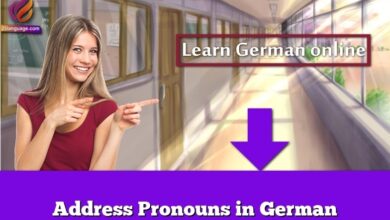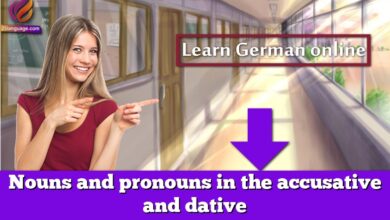German Core Words List

German vocabulary is important to learn. German is a rich and expressive language. It has a long and complex history, and its vocabulary reflects this. There are many words in German that have no direct equivalent in English. This can make German a very expressive language, and it can be a lot of fun to learn new German words and phrases.
German Core Words List
German is a Germanic language, and it is closely related to English, Dutch, and the Scandinavian languages. If you know German, you will be well on your way to learning these other languages as well. Many English words come from German, and knowing German can help you understand the etymology of these words. This can make it easier to learn new English words and to understand the nuances of English grammar.
| week |
Woche die fem (n)
|
 |
| year |
Jahr das neut (n)
|
 |
| today | heute (n) |  |
| tomorrow |
morgen (n)
|
 |
|
yesterday
|
gestern (n)
|
 |
|
calendar
|
Kalender der masc (n) |  |
| second | Sekunde die fem (n) |  |
|
hour
|
Stunde die fem (n)
|
 |
| minute |
Minute die fem (n)
|
 |
|
o’clock
|
Uhr die fem (n)
|
 |
Essential German vocabulary
learning German vocabulary is important. It can open up travel and business opportunities, it can help you learn other languages, and it can improve your understanding of English. If you are interested in learning German, I encourage you to start learning some German vocabulary today.
 |
Uhr die fem (n)
|
clock
|
|
 |
können (v) | can |
|
 |
benutzen (v)
|
use |
|
 |
machen (v)
|
do |
|
 |
gehen (v) |
go
|
|
 |
kommen (v) | come |
|
 |
lachen (v)
|
laugh
|
|
 |
machen (v) | make |
|
 |
sehen (v) | see |
|
 |
weit (adj)
|
far |
|
German words for Beginners
Start with the most common words. There are a few hundred words that make up the majority of everyday German speech. These are the words that you should focus on learning first.
 |
klein (adj)
|
small |
 |
gut (adj)
|
good
|
 |
schön (adj)
|
beautiful |
 |
hässlich (adj)
|
|
 |
schwierig (adj)
|
difficult
|
 |
einfach (adj)
|
easy
|
 |
schlecht (adj)
|
bad
|
 |
nahe (adj)
|
near |
 |
Freut mich, Sie kennenzulernen.
|
Nice to meet you.
|
 |
Hallo | Hello |
Flashcards and vocabulary apps are a great way to memorize new words. There are many different flashcard and vocabulary apps available, so you can find one that fits your learning style. You can download German keyboard for fast translation.





























